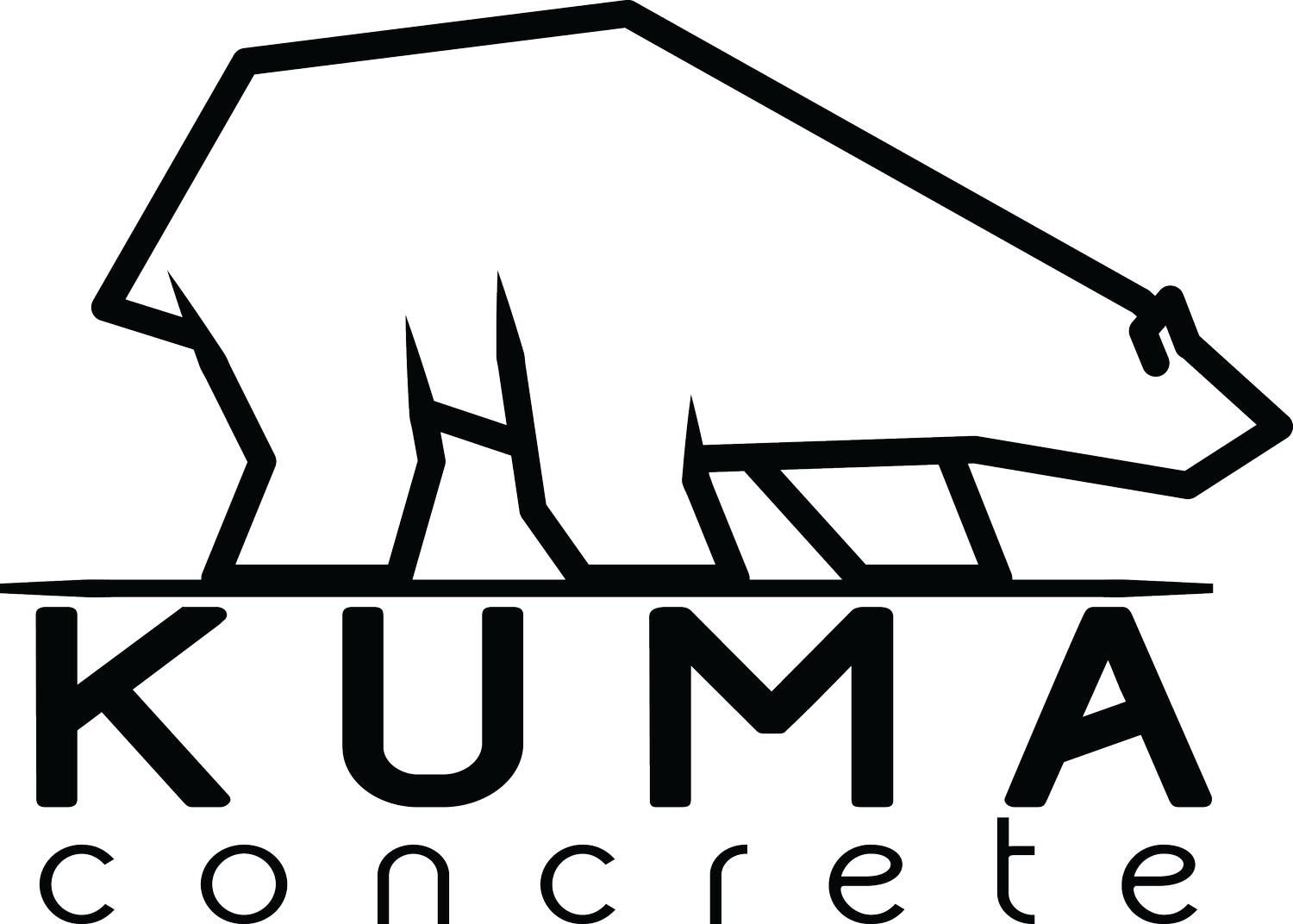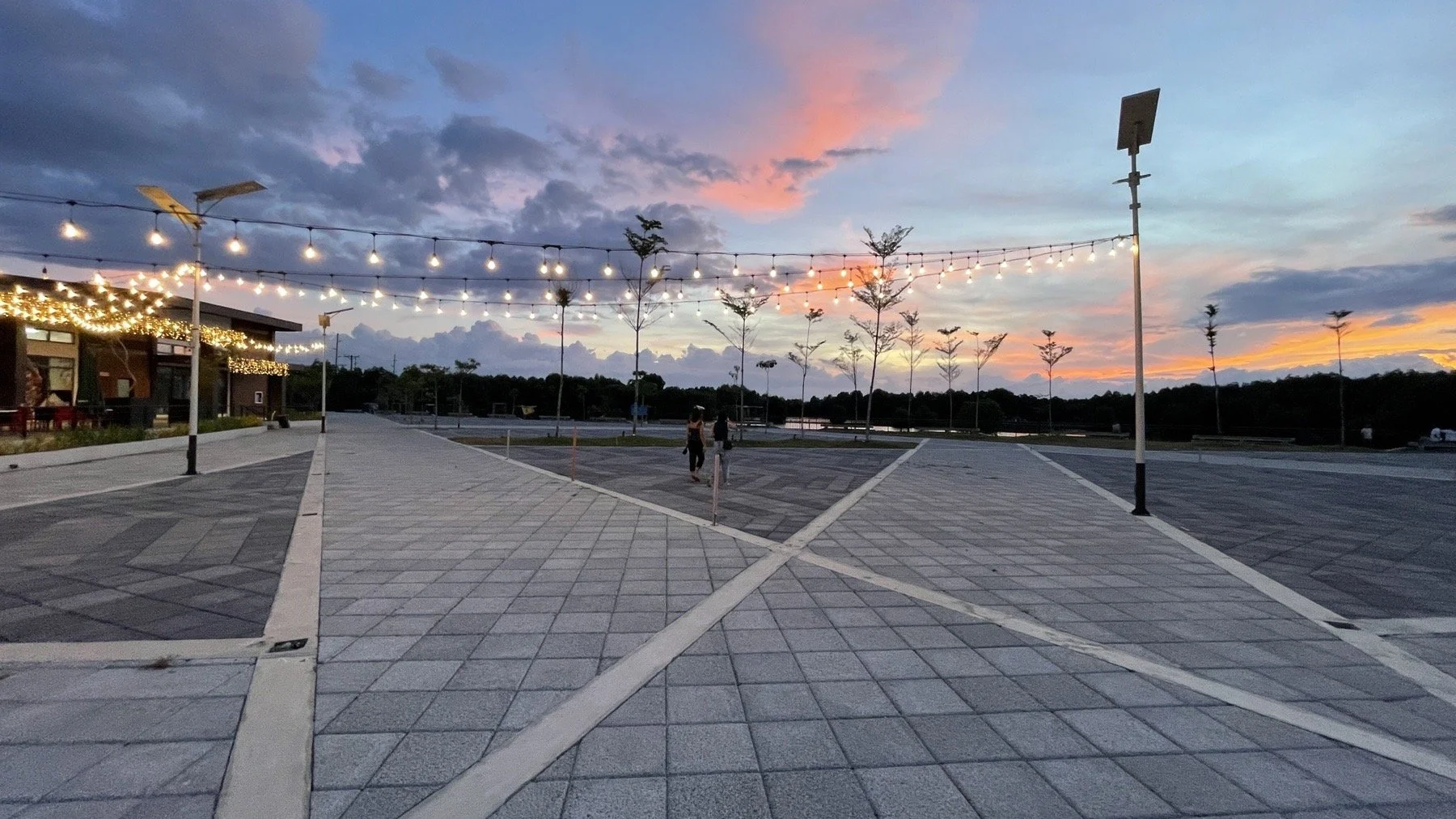The Benefits of Permeable Pavers in the Philippines
Have you ever heard of permeable or pervious pavers? These are a type of paving material that allows water to pass through it and into the ground, as opposed to traditional pavement which is impermeable. This may not seem like a big deal, but it can have a significant impact on the environment and communities, especially in a country like the Philippines, where flooding, groundwater depletion, and heat island effect are prevalent issues.
What are Permeable Pavers?
Permeable pavers are a type of pavement that is designed to allow water to pass through the surface and into the ground below. They are made from a variety of materials, including concrete, asphalt, and interlocking blocks, but they all have one thing in common: they allow water to infiltrate into the soil below. This is achieved through the use of specially designed joints and void spaces between the pavers that allow water to pass through.
Permeable pavers can have a number of benefits for the Philippines, including reducing flooding, restoring groundwater, and reducing the heat island effect. In addition, they can also be used to harvest rainwater, which can be a valuable resource in an area where water is often scarce.
Reducing Flooding
The Philippines is located in the typhoon belt and receives an average of 20 typhoons per year, with an annual rainfall of 2,000 to 3,000 millimeters. One of the main reasons for flooding in the Philippines is the high percentage of impermeable surfaces, such as roads, parking lots, and sidewalks. When it rains, the water runs off these surfaces and into the drainage system, which is often overwhelmed, leading to flooding. Permeable pavers can help reduce flooding by allowing the water to infiltrate into the ground, reducing the amount of runoff that enters the drainage system.
Restoring Groundwater
Another benefit of permeable pavers is that they can help restore groundwater levels. In many areas of the Philippines, groundwater is being depleted at an alarming rate. Permeable pavers can help by allowing rainwater to infiltrate into the ground, where it can replenish the groundwater supply.
Reducing Heat Island Effect
The heat island effect is when urban areas are significantly warmer than the surrounding rural areas due to the high concentration of buildings and pavement. This can lead to a variety of problems, including increased energy consumption and health issues. Permeable pavers can help reduce the heat island effect by allowing water to infiltrate into the ground, which can help cool the surrounding air.
Rainwater Harvesting
In addition to the benefits mentioned above, permeable pavers can also be used to harvest rainwater. This involves collecting rainwater as it passes through the pavers and storing it for later use. In an area where water is often scarce, rainwater harvesting can be a valuable resource.
Permeable pavers are an effective solution to many of the environmental problems faced by the Philippines. They are relatively easy to install and maintain, and they can have a significant impact on the environment. If you are interested in learning more about permeable pavers and how they can help in the Philippines, contact a local paving contractor today.

